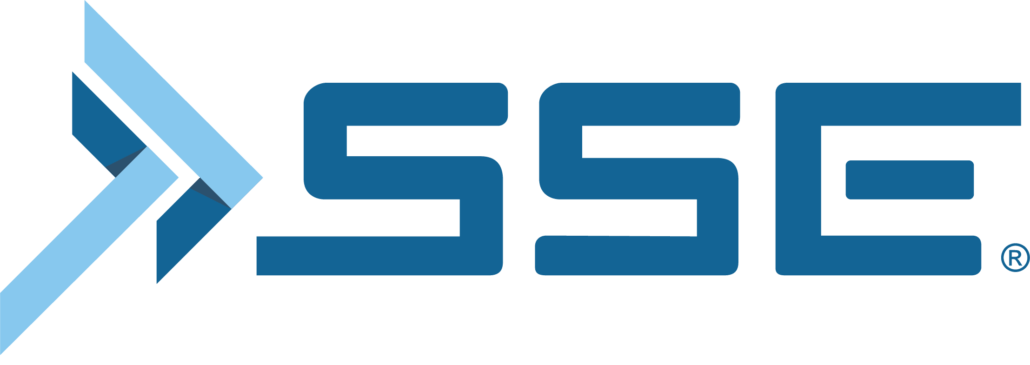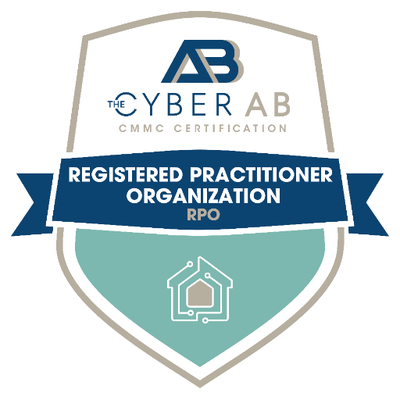Need to Meet CMMC Compliance?
Schedule Your CMMC Readiness Assessment
Fill out the form below to start the process
"*" indicates required fields
Learn More About CMMC and NIST Compliance
Check out some of our technology and DOD cybersecurity articles.
Contact us
About SSE
Contact Us
Interested in how SSE can optimize your business systems to ensure maximum availability and security? Contact our team today, and take a leap forward into the future of technology.
9666 Olive Blvd # 710,
St. Louis, MO 63132
info@sseinc.com | (314) 439-4700








Over the past several years, the cyber insurance landscape has rapidly transitioned, and the average cyber insurance cost has increased substantially. Companies had a much easier time securing a policy in 2019 than today due partly to the ever-increasing threat and sophistication of cyber attacks but the immense cost of recovering from a ransomware attack over the past few years.
Despite higher cyber insurance premiums, having a policy is crucial in protecting your company in the event of a breach. But what factors impact the cost of cyber insurance for your company? Below we’ll discuss the most common factors that will have an effect on how much your cyber insurance premiums could be.
Common Types of Cyber Liability Claims
Cyber insurance claims typically fall under the following categories: hacking, social engineering, and malware attacks. Hacking is a relatively widespread cyberattack that results in insurance claims. Depending on where a hack has taken place, you could incur multiple losses, causing several damages and costs.
Factors Impacting Cyber Insurance Policies
When you apply for cyber insurance, insurance companies are looking for basic facts like your company size or location to determine the appropriate coverage and the level of risk the insurance company would be covering. Several considerations are taken into account, including:
Industry
Your industry is considered when determining the risk level for cyber insurance policies. Some industries, by nature, store more confidential data than others, and those organizations are considered to be a higher risk for targets of cyberattacks, which can result in higher premiums.
Revenue
Companies with larger revenues have more to lose in a ransomware attack. Even though attacks can happen to companies of any size, larger companies can anticipate paying higher premiums for cyber insurance.
Amount of Sensitive Data Being Stored
Insurance companies might ask about the amount of sensitive customer data you’re storing and the number of transactions your company may process or banking activity. Generally, the more sensitive the insured company’s data, the higher its premiums.
Security Protocols Already in Place
If you’re a well-fortified organization, insurance companies see you as a lower risk. Having the correct tool or technologies in place is important, but implementing and enforcing them properly will increase your security and protection.
Below are some cybersecurity controls to strengthen your company’s defense against a data breach.
Source: https://www.marsh.com/us/services/cyber-risk/insights/cyber-resilience-twelve-key-controls-to-strengthen-your-security.html
Why You Need Multi-Factor Authentication
Multi-factor authentication (MFA) is a security measure that requires two or more credentials to verify someone’s identity. It can be used to create a layered defense against unauthorized access to information, accounts or even physical locations.
This simple step can massively reduce the likelihood of becoming the next victim of cybercrime. You should use MFA whenever possible, especially regarding your most sensitive data—like your business and personal email, your financial accounts and your health records.
There’s no one like you in the whole world…except the cybercriminal with your password. Don’t get hacked. Use multi-factor authentication. https://20740408.fs1.hubspotusercontent-na1.net/hubfs/20740408/MFA%20Video%20Infographic.mp4
Who Needs Cyber Insurance?
A common misconception is that cyber criminals only target large companies with deep pockets. However, there’s been an alarming increase in ransomware attacks on smaller businesses since 2020 due to the COVID-19 pandemic.
In short, any company that stores information about clients or customers and performs electronic payments needs a cyber liability insurance policy.
Protect Your Company and Keep Cyber Insurance Costs Down with SSE
Staying on top of the latest cybersecurity tools and technologies is a daunting task for most companies to manage independently. By partnering with the cybersecurity experts at SSE, you’re ensuring your company’s protection while potentially saving you money on your cyber insurance premiums.
Schedule a consultation with us today to help identify any gaps and see how we can help protect your business.